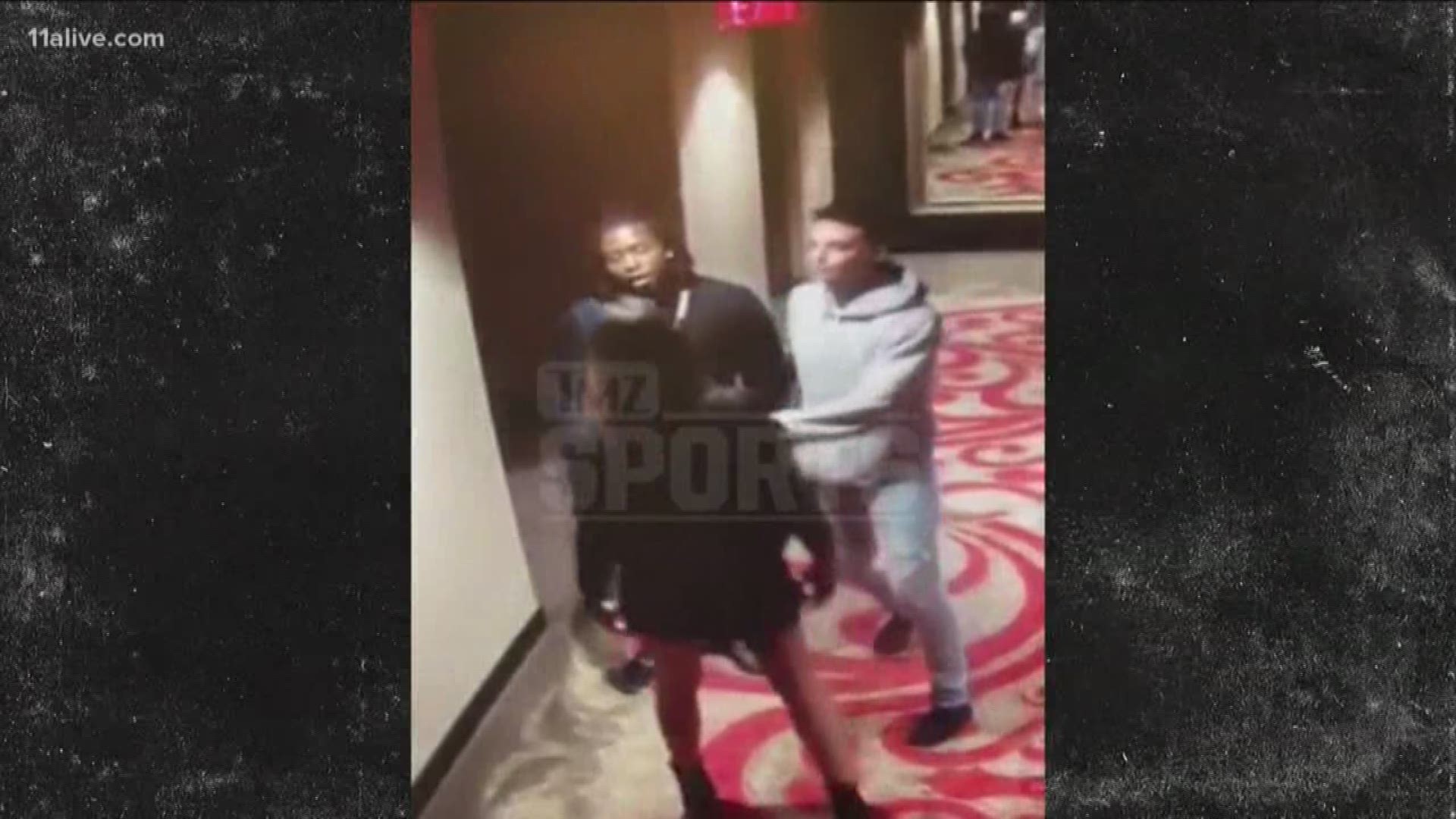In the span of six weeks, the Cleveland Browns have devolved from America's Favorite Underdog (falling just shy of the playoffs after going 1-31 the previous two years) ... to perhaps the NFL's most scrutinized team during the offseason.
Off the field, that is.
On Monday, the Browns took the risky and perhaps tone-deaf plunge of signing embattled running back Kareem Hunt, just three months after the Kansas City Chiefs released him, once the hotel-security video emerged of Hunt apparently assaulting a woman early in 2018.
Amid this shocking news nugget, it's fair to wonder how long the Browns' brain trust (owner Jimmy Haslam, general manager John Dorsey, head coach Freddie Kitchens, etc.) deliberated on this decision, knowing a public backlash would accompany the move?
It's also fair to wonder if the Browns franchise had discussions with the NFL about possibly signing Hunt, knowing the league loathes being blindsided by reports of domestic violence?
(There's an old saying in NFL circles: You don't ever want to be a long discussion topic on NBC's Today show. It can only mean bad press ... and with the wrong audience.)
Can the 23-year-old Hunt (sterling per-game averages of 111 total yards, 0.9 TDs with the Chiefs) still play at a high level?
Most likely, yes.
Were any assault charges filed after the incident, which took place in Hunt's home state of Ohio?
No (reportedly at the woman's request).
Is America largely a forgiving nation, for those who repent with humility?
Typically, yes.
If the video had never reached the public light, would Hunt still be playing for the Chiefs?
Sadly, yes. Incidents captured on film almost always trump hearsay events.
Look, I believe the NFL has done a commendable job of being more responsive to allegations of domestic assault, involving their players, coaches and staff personnel.
The penalties for those found in the wrong are more punitive than ever, as well.
However, the league also has a duty to presume innocence before guilt in all cases -- a stance that runs in concert with the American judicial system.
In Hunt's case, though, the tape likely won't lie. Yes, he deserves a chance to tell his side of the story; and yes, he should have the opportunity to throw himself to the mercy of the Court of Public Opinion.
But three months between signings? That's not an acceptable amount of downtime.
It's not even close.
As such, if Hunt cannot prove his innocence in this matter, the NFL should immediately intervene and prevent Hunt from seeing the field in 2019. (He's currently on the Commissioner's Non-Exempt list.)
And maybe even 2020.
After all, the precedent was humanely set with Ray Rice, who nearly five years ago to this day, waved goodbye to his NFL career, once video surfaced of the Ravens tailback assaulting his fiancee (now wife) in a hotel elevator.
Bottom line: I'm not advocating that Hunt should garner a lifetime banishment from NFL action. (Rice remains eligible to play in the NFL ... but no teams have subsequently taken the bait in five years.)
At the very least, the lag time between Hunt career stops shouldn't be akin to the same recovery span for a broken ankle or leg.
Playing in the NFL is a privilege – and not a right – and Hunt crossed a major line here ... one that should never be crossed.


